n the course of the years, the collection began to comprise the whole range of different forms of dance.


From classical ballet to modern tendencies in dance – we now keep a record of various different styles and schools in Germany and also abroad.
Focal Point:
Dance Pedagogics
Part of our collection is concerned with the audio-visual documentation of the work of dance pedagogues, dance academies and different educational institutions.
Focal Point:
The Reconstruction of Institutional and Private Archives


A large part of our collection consists of material from the private archives of choreographers, film-makers and different festivals, who donated their documentation to the  for reconstruction and filing.
for reconstruction and filing.
While new material is continuously created within the context of our institute’s work, the private collection of Heide-Marie Härtel is growing simultaneously.
Focal Point:
Specimen Copies
Theatres and choreographers place specimen copies at the institute’s disposal.
Focal Point:
Documentation of Pieces
About half of our collection consists of video material which is ready to be broadcast. Our institute records between 40 to 60 performances each year on camera. Thus our collection is continuously growing and kept up-to-date with the latest productions.



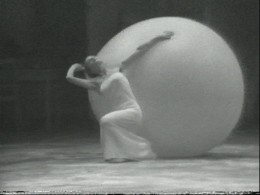
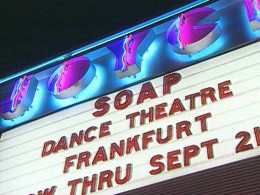
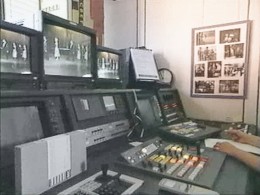
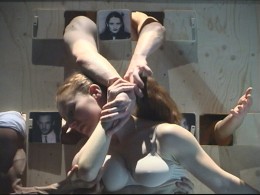
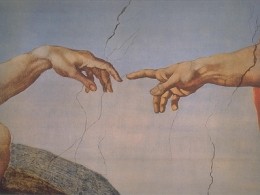
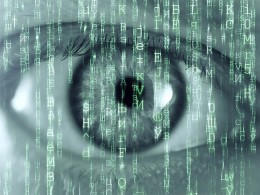




 You can find our opening hours at
You can find our opening hours at




